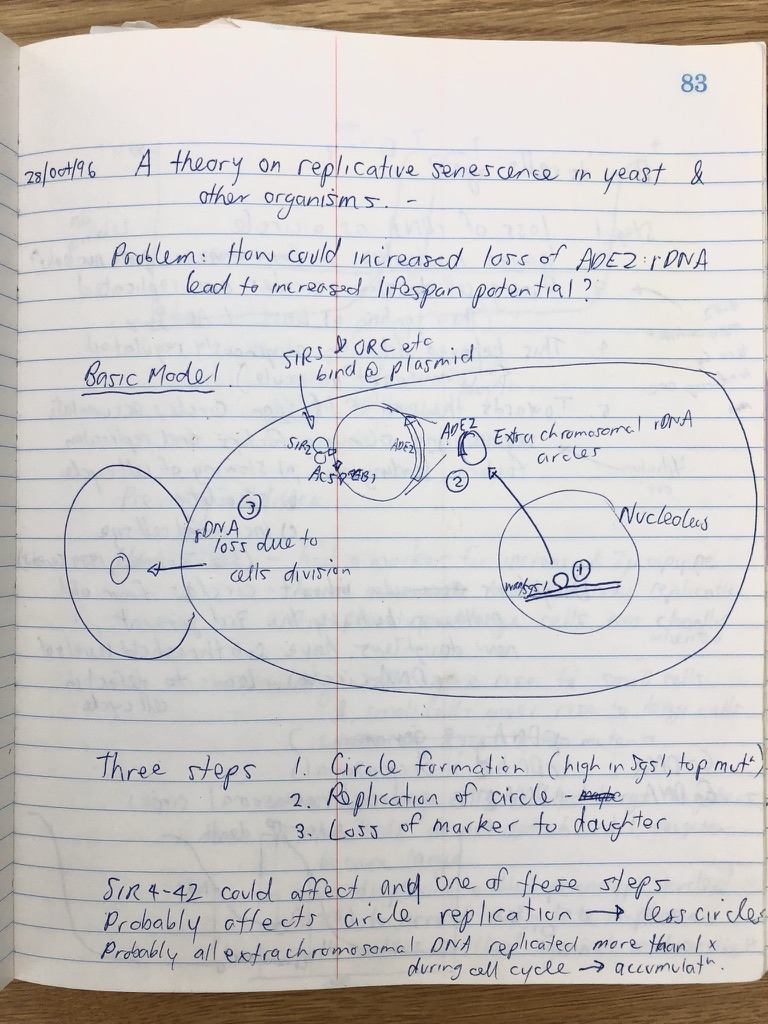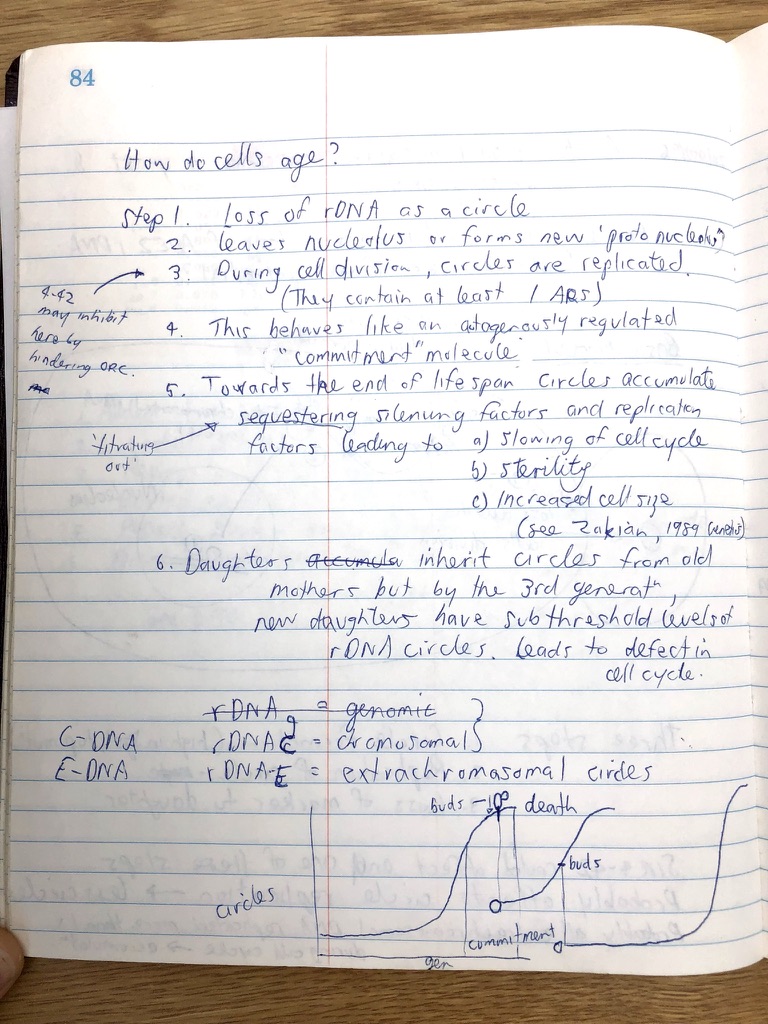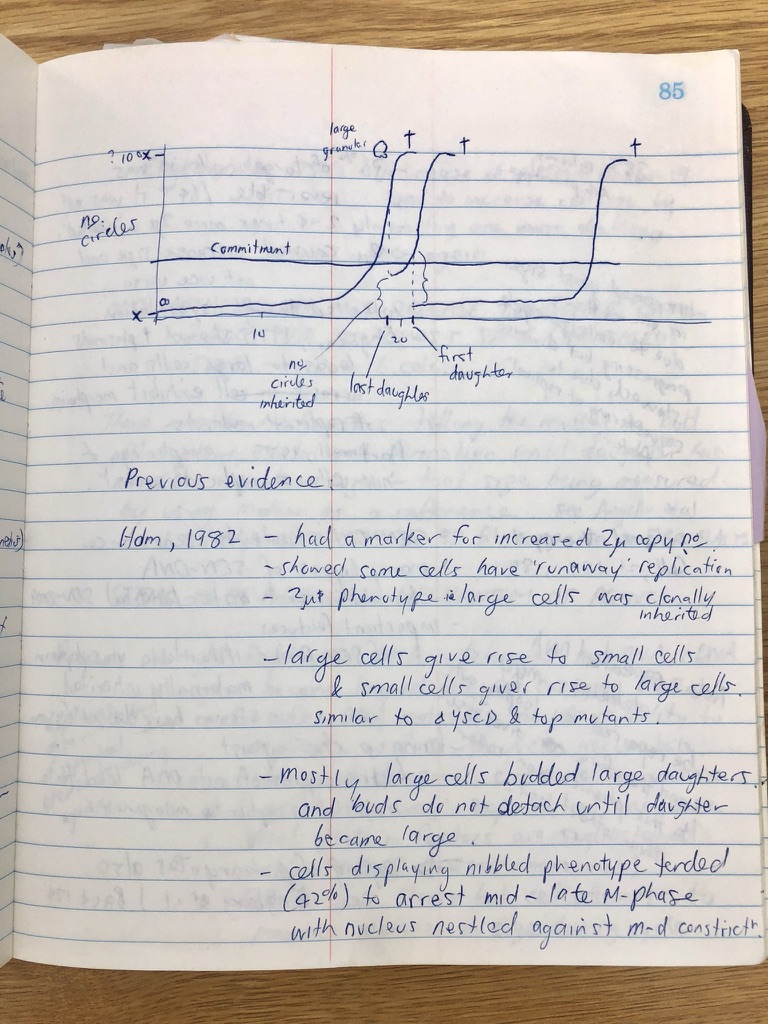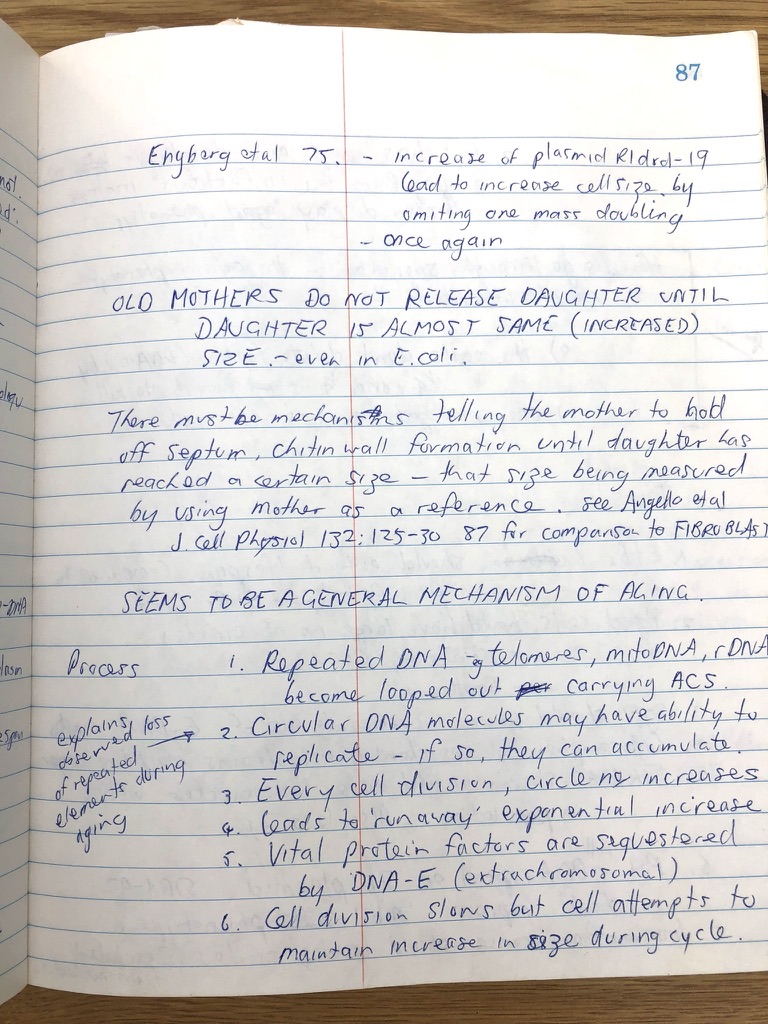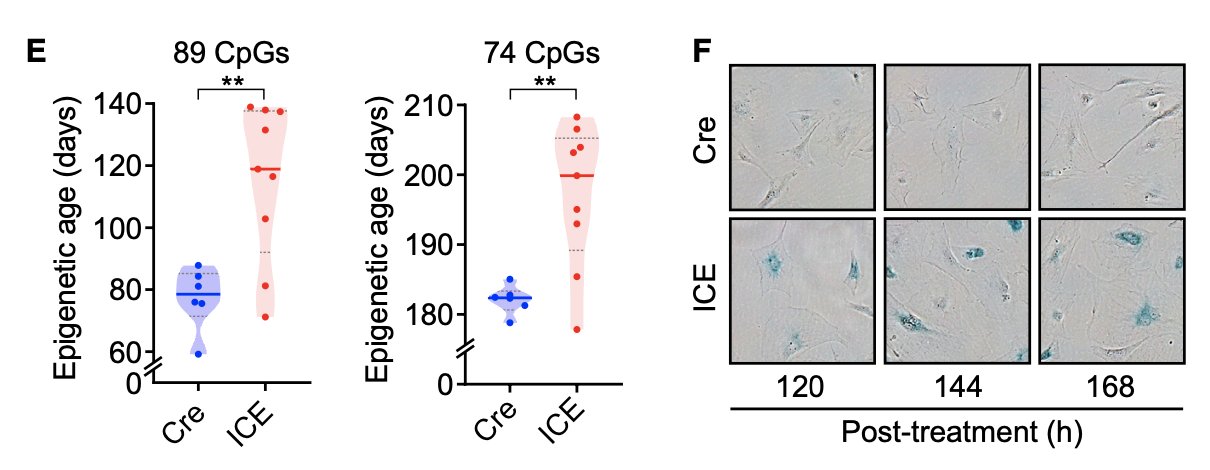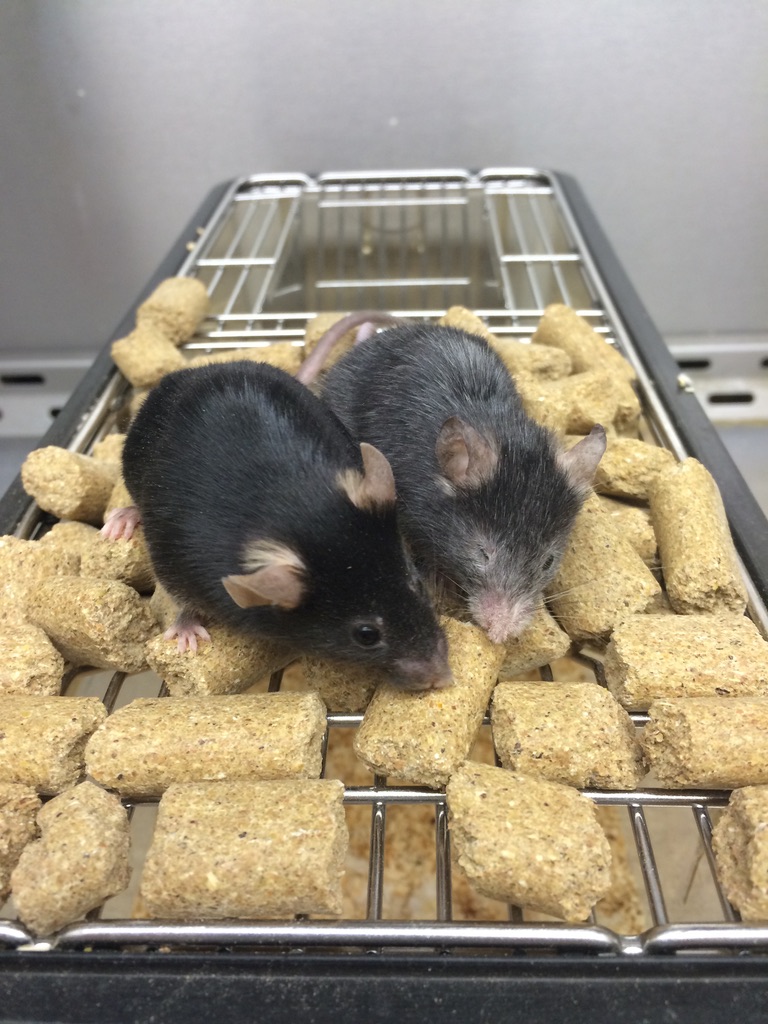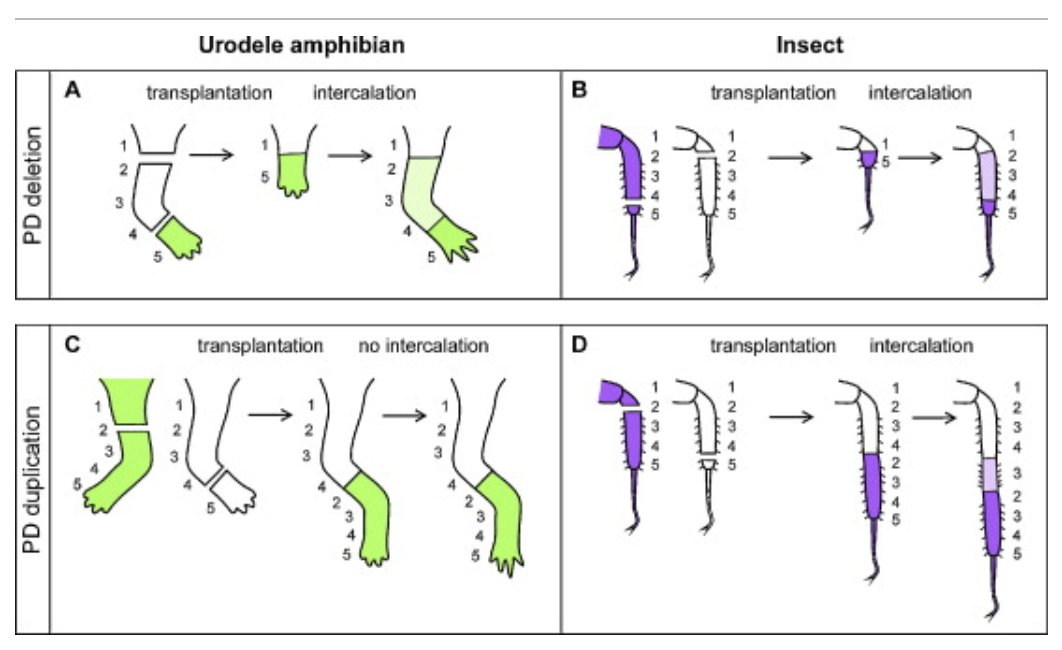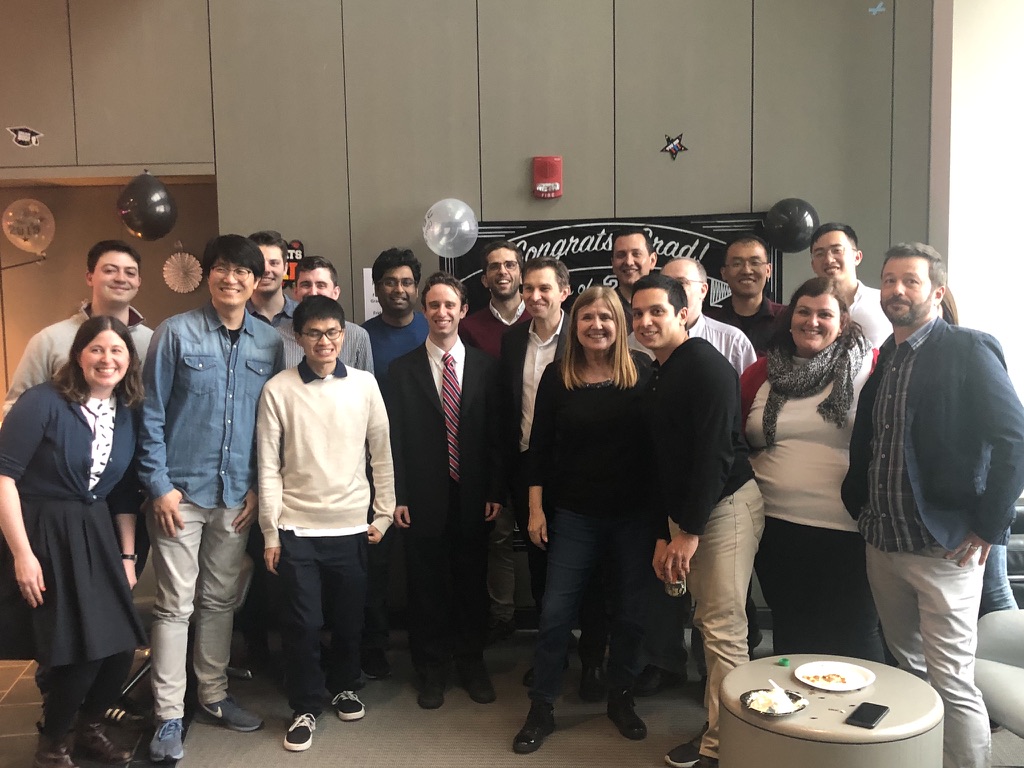Thread
Delighted to share with you our latest paper. Here, we test the hypothesis that aging may be driven by DNA damage-induced changes to the epigenome. Mightbe due to a glitch in the software of the body that causes it to malfunction, which can be fixed with a reboot?👇 1/
If correct, it means that cancer, diabetes and Alzheimer's might have the same underlying cause that can be reversed to treat or cure age-related conditions with a single treatment. Experiments in the lab are testing this. Here's a link to the new paper 2/ authors.elsevier.com/a/1gPf5L7PXir3R
The age-reversal technology -- virally-delivered genes (Oct4, Sox2, Klf4, aka, Yamanaka factors), which turn on an embryonic program -- is being tested at @lifebiosciences in non-human primates. Results out in a few months from Bruce Ksander's lab & lifebiosciences.com 3/
The work represents over a decade of work by 60 people. Could not be prouder. We stand on the shoulders of greats - Lenny Guarente, @EricVerdin, @mkaeberlein, @BrunetLab, @NirBarzilaiMD, Brian Kennedy, Jasper Rine, Steve Helfand, Steve Horvath, John Denu, Rafa de Cabo & more 4/
Here are my notes from the night of 28th October 1996, on the Information Theory of Aging - been working of these pages since omg 5/
All living things experience entropy, manifested as a loss of genetic and epigenetic information. Genetic information is the hardware and the epigenome is the software. We think aging is due to corrupted software, that can be rebooted to restore youth 6/
In this paper, we show DNA breaks are a major driver of epigenetic change. We experience these in the trillions every day in our bodies. These advance the DNA methylation or "Horvath Clock" 7/
Using a system called “ICE” (Inducible Changes to the Epigenome), we show the act of repairing DNA breaks accelerates aging at the physiological, cognitive, & molecular levels, including erosion of the epigenetic landscape, loss of cell identity, senescence & increased epi-age 8/
.."We show these changes can be reversed by OSK-mediated rejuvenation. With an ability to drive aging in both the forward and reverse directions, we conclude that loss of epigenetic information is a cause of aging in mammals." 9/
Can this tech extend lifespan? This week Davidsohn and colleagues showed our exact system extends lifespan in very old mice, when initiated at the human equivalent age of 70-80! 10/ biorxiv.org/content/10.1101/2023.01.04.522507v1
Last line of the paper: "Our data are consistent with aging in mammals being the equivalent of a software problem, the result of corrupted epigenetic information that can be restored from an existing back-up copy." 11/
I suspect the rejuvenation process exists in salamanders and reptiles but we have lost this ability (for now). 12/
We dedicate this paper to coauthors Michael Bonkowski, Norman Wolf, and our generous financial supporters. Thanks to all members of the Sinclair laboratory, past & present 13/
The work would not have been possible for 13 years prior to publication without the financial support of AFAR and Mr. Paul F. Glenn, who I miss dearly. We've have had many others support us, all listed in the paper. THANK YOU! 14/
The BTS story of this paper is in the book Lifespan: Why We Age and Why We Don't Have To. 15/
Mentions
See All
Peter H. Diamandis @PeterHDiamandis
·
Jan 17, 2023
Brilliant work. A MUST-read.

